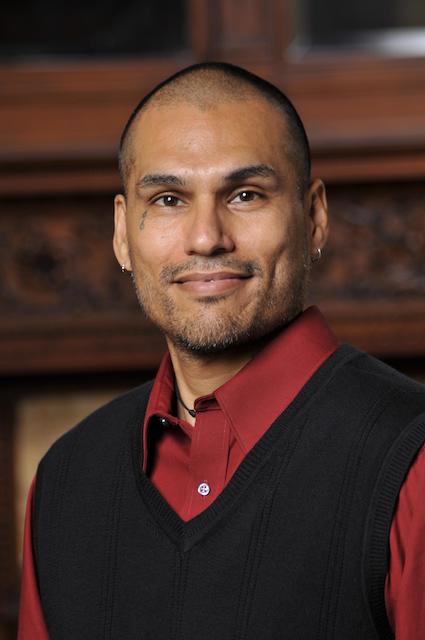Garrett Felber’s book, Those Who Know Don’t Say, offers a fresh and fearless new intellectual and activist history of the Nation of Islam (NOI), which situates a critique of the carceral state as central to the Black Freedom movement. Felber is a historian, who has become a recent cause celebre among academics for his firing by the University of Mississippi as retaliation for calling out the school’s allegiances to racist donors over public service. His firing has been a buckshot warning that academic freedom and free speech are not as free as we might think. In response, over 5,000 scholars and professors signed on to an “open letter” to his school demanding he be reinstated.
While Felber might be viewed as terminable by his home institution, his research is anything but, and instead, opens up academic study in new and exciting directions. Grounded in excavations of archival sources, court documents, and religious records, he offers meticulous, high-caliber scholarship that revises a portion of civil rights history and the NOI’s place in that history. The author shows that Muslims in America have been subject to surveillance and Islamophobia for decades. This, in turn, has helped fuel the Muslim community’s decisively antagonistic view of the prison system.
The book is styled as a vehicle through which to explore forgotten sites and forms of Black struggle confronting the carceral state. Its central claim is that challenges to policing and prisons were central to the postwar Black Freedom movement—and that the NOI was the at the forefront of these struggles. The carceral state, in turn, expanded through what the author calls a “dialect of discipline,” a phrase that intends to describe the relationship between disciplined Black dissidence and state penal discipline. To combat Black protest, the state responded with new, carceral modes of surveillance, punishment, and ideological knowledge production.
Accordingly, these developments laid the groundwork for the modern carceral state and the movements that oppose it. The dialectics played out in multiple arenas of Black protest, including prisons, courtrooms, and in the street. These collective efforts elicited harsh responses by police, prison guards, and other agents of the state. The tension between resistance and surveillance thus came to define the relationship between Black resistance, often led by NOI leadership, and state authorities.
Felber details how the NOI often had to struggle along two different lines. In addition to confronting police and prisons, the NOI also contended with Black leaders who saw the group as violent and pro-segregation. As such, the NOI often had to defend its civil rights struggles not simply against the carceral state, but also against other Black leaders who saw the NOI’s agenda as an obstacle to their own, especially their efforts to end segregation. Malcolm X was once called the most dangerous man in America, but he was not feared by whites alone.
What emerges from these struggles is the NOI as the most active and vociferous antagonist of the carceral state. Indeed, the litigation efforts alone reveal an organization dedicated to appropriating courts to challenge state oppression. In many ways, litigation by Muslims in prison advanced the status of prisoners in a way that paralleled civil rights struggles on the outside. This legacy of incarcerated Muslims taking their protest to court has impacted prison law and policy so profoundly that any discussion of prisoners’ rights in America would be incomplete without recognizing the contributions made by NOI followers.
One individual highlighted in the text is Martin Sostre, a convert to the NOI, who embodies practically all aspects of the dialectics of discipline thesis. Sostre became active in prison and worked to advance the rights of Muslims and other prisoners. His efforts earned him extra punishment in solitary confinement, but his mistreatment only fueled his determination. He would study law in prison and go on to become one of the fiercest jailhouse lawyers the country has ever known, garnering federal court victories, including rulings that curbed the use of solitary confinement and allowed Muslims greater religious freedoms. He also drafted legal templates that were used by others in prison for their own lawsuits. When released from prison, Sostre opened a revolution-themed bookstore that extended his resistance into the streets. Reinforcing the dialectic, the police would later raid the bookstore and Sostre would ultimately be returned to prison.
As such profiles suggest, there is a long-lost history that this book brings to life. It is must-read material for students of African-American history, criminal justice, Islam in America, and scholars of social movements that tells a sordid story that links to current protests led by the Black Lives Matter movement. Through its pages we learn that the carceral state did not expand without cause, but instead, the expansion was part of the reactionary measures to control Black protest. In outlining Black resistance in America and the growth of the American penal system, Felber has uncovered a definitive political and intellectual history of the NOI and its relationship to the broader civil rights movement.








